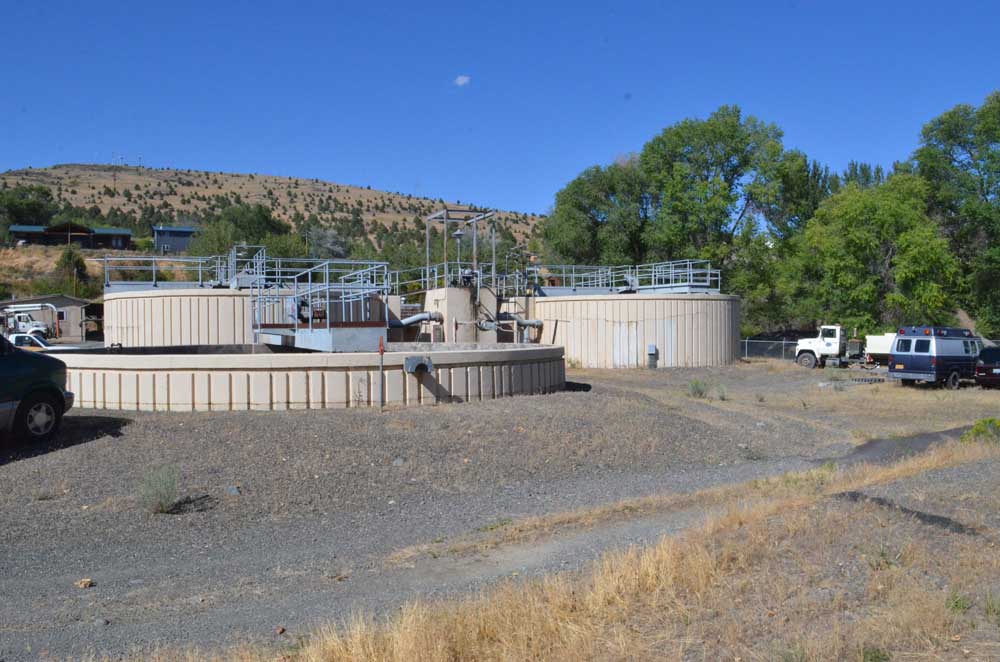Flash in the sky
Published 4:00 pm Monday, February 18, 2008
Some early-rising Grant County residents were treated to an unusual sight on Tuesday: a fireball crossing the sky.
Trending
Grant Union High School science teacher Randy Hennen was among those who saw the flash that scientists identified as a meteorite.
“I just thought it was headlights. I just saw a bright light and a flash,” he said. “I was just getting started for the day. It didn’t occur to me that it would be a meteor until I heard it on the radio.
“Then it was like, ‘Oh, that’s what that was.'”
Trending
Pauline Powell of Dayville had just stepped outside to let her dogs out when she saw a flash that she first thought was a nearby transformer blowing out.
Then she saw what looked like “a burning piece of metal” falling through the sky from the north. She said the object appeared to “pop” – but silently – and then disappear from sight after just a few seconds.
Similar sightings were reported from across three states: Oregon, Washington and Idaho. Alex Ruzicka, a geology professor at Portland State University and director of the Cascadia Meteorite Laboratory, said there were sonic booms heard in Central Oregon and reports of breaking glass in the Burns area.
“That only happens when you have a fairly proximal event,” he said.
Some residents were quick to note the recent news that the Pentagon plans to shoot down a broken spy satellite that was headed on a possible collision course with Earth. The Navy is expected to fire a missile from a cruiser to hit the satellite beforer it enters the Earth’s atmosphere.
However, that operation was not expected to occur until next week or early in March.
Meanwhile, officials at the U.S. Naval Observatory in Washington, D.C. said the flash seen Feb. 19 was probably caused by a rare type of meteorite called a “bolide,” approximately the size of a computer monitor. They said it exploded about 27 miles above and 6 miles east of Snohomish, Wash.
A meteorite is a small sand- to boulder-sized piece of space debris. They commonly are seen as shooting stars when they enter the Earth’s atmosphere and burn up.
Many of them disentegrate before they reach the ground, but some pieces hit the landscape.
Ruzicka said it can be difficult for casual observers to gauge the distance of a meteorite, or to tell the correct direction of its path.
He said it’s not yet known where the pieces of this meteorite might have landed, if they hit the ground.
No doubt, people will be looking for it.
“It would be interesting if someone finds it,” Hennen said.
The Cascadia Meteorite Laboratory at Portland State University tracks meteorites and can help finders distinguish the real thing from regular rocks.









